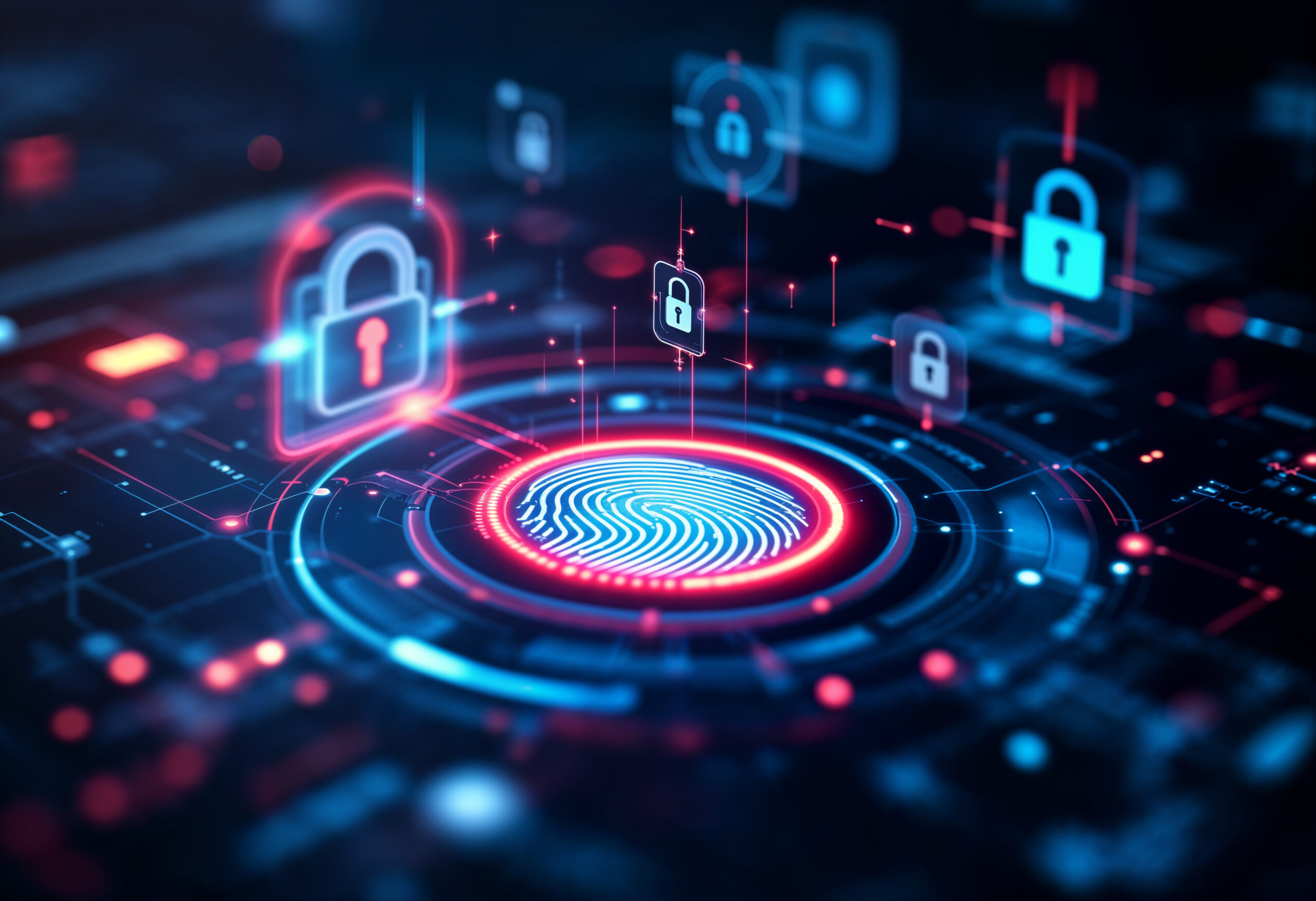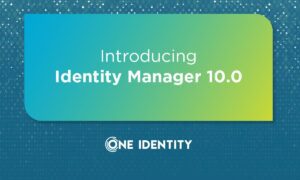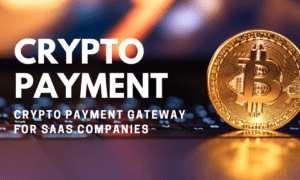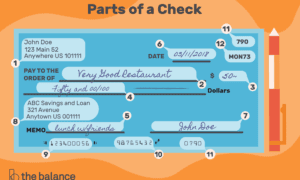With data breaches happening nearly every day, safeguarding your identity is no longer optional. It’s now essential to protect both your personal and financial information.
Two of the most recognized services in identity theft protection are IdentityIQ and LifeLock. Below, we break down what each service offers and, after a thorough review, what identity theft protection service comes out on top as the best-rated in the industry.
IdentityIQ
IdentityIQ is a U.S.-based identity protection service designed for individuals and families. The service is known for its real-time fraud alerts for suspicious activity, with alerts sent immediately from each major credit bureau (Experian, Equifax, and TransUnion). This is a key advantage over many competitors, including LifeLock, as they often provide real-time alerts from just one bureau while bundling others into end-of-day notifications. In identity theft cases, speed is critical as seconds matter when it comes to limiting the damage to your identity and finances.
IdentityIQ also offers credit monitoring, dark web surveillance, device security, identity theft insurance, and dedicated fraud restoration specialists.
Pros of IdentityIQ
- Fastest Real-Time Fraud Alerts – Receive immediate alerts from all three bureaus, so you can take quick action to stop identity thieves in their tracks.
- Monthly Credit Reports & Scores – Get access to updated three-bureau credit reports and scores every month.
- Hands-On Recovery Support – 100% U.S.-based fraud restoration specialists guide identity theft victims through the entire recovery process.
- Education & Tips – Receive ongoing fraud prevention insights and scam awareness resources.
- Flexible & Affordable Plans – Customizable options are available at generally a lower cost than LifeLock.
Cons of IdentityIQ
- Device Security Features Are Optional – Device protection options, including VPN and antivirus, are not included in all plans and must be added on.
- Advanced Features Come at a Higher Price – Three-bureau monitoring and monthly reports are available in higher-tier plans.
LifeLock
LifeLock, part of Gen Digital, is a well-known identity protection provider that offers different levels of coverage. LifeLock protects members through credit monitoring, dark web monitoring, and device protection.
Pros of LifeLock
- Comprehensive Device Security – Integration with Norton 360 adds antivirus and malware protection to provide extra security.
- Bundled Approach – Offers all-in-one plans for identity protection and cybersecurity in one subscription.
- Insurance Coverage – Provides up to $3 million in identity theft insurance for financial losses due to fraud.
Cons of LifeLock
- Higher Cost – Plans can be more expensive than competitors, especially when including Norton 360 features.
- Complex Interface – Some users find the app and dashboard overwhelming due to the multiple features.
- Delayed Alerts – Real-time notifications are limited to one bureau, which can lead to delayed fraud detection and more damage.
- Data Breach – LifeLock recently experienced a data breach where Norton password manager accounts were accessed by an unauthorized third party.
- Customer Support – Some subscription members have voiced a lack of customer service and delays.
IdentityIQ vs. LifeLock
When comparing IdentityIQ and LifeLock, IdentityIQ consistently comes out ahead. Its ability to deliver immediate fraud alerts from all three major credit bureaus gives members a clear advantage in stopping identity theft.
IdentityIQ’s flexible plans allow users to choose the coverage that fits their needs and budget, as LifeLock’s more rigid all-in-one approach can be costly.
IdentityIQ also stands out for its 100% U.S.-based restoration specialists who offer personalized, hands-on assistance. Combined with full dark web monitoring, optional device security, and ongoing educational resources, IdentityIQ delivers greater protection at a better value.
For anyone committed to securing their identity and financial well-being, IdentityIQ is the smarter choice over LifeLock. Its speed, flexibility, and comprehensive approach to identity protection make it the best option.



































